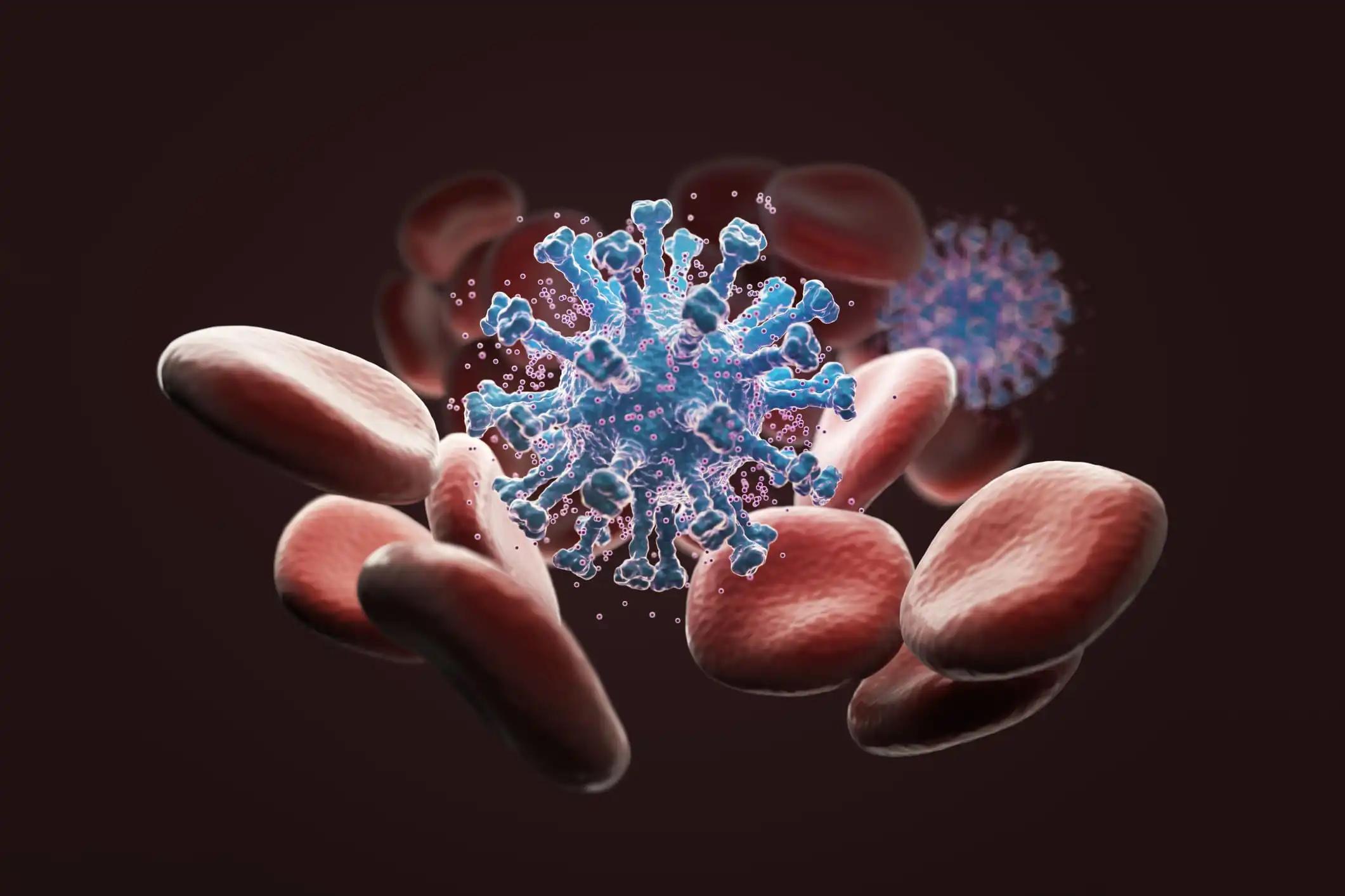KEY TAKEAWAYS
- The study aimed to investigate the impact of unsolicited patient feedback on improving cancer care delivery at a tertiary cancer center.
- Researchers noticed a predominance of negative feedback prompts standardized assessment for care improvement amidst provider burnout.
Unsolicited patient feedback (compliments and complaints) should allow the healthcare system to address and improve individual and overall patient, family, and staff experiences.
Parvaneh Fallah and the team aimed to evaluate feedback at a tertiary cancer centre to identify potential areas for optimizing care delivery.
They performed an inclusive analysis of unsolicited feedback submitted to the Patient Relations Department, relating to the Divisions of Medical and Radiation Oncology, at the Ottawa Hospital.
About 97% of the 580 individual reports submitted from 2016 to 2022 had available patient demographics (563/580). The median patient age was 65 years, ranging from 17 to 101, with 53% being female (301/563). Predominant cancer types were breast (23%, 127/545) and gastrointestinal (22%, 119/545) malignancies, with most patients (64%, 311/486) having metastatic disease.
Feedback, mainly from patients (50%, 291/579), was predominantly negative (86%, 489/569). Common complaints included communication (29%, 162/566) and attitude/conduct of care (28%, 159/566). Feedback rates were initially stable but increased from 2019 to 2021.
The study concluded that unsolicited feedback predominantly highlights negative experiences, particularly concerning physician communication. To enact meaningful changes in care delivery, there is a pressing need for standardized feedback assessment methods and effective implementation strategies. Additionally, the rising healthcare provider burnout, there is a call for strategies aimed at enhancing formal positive feedback mechanisms.
The study was supported by the REthinking Clinical Trials (REaCT) program and Ottawa Hospital Foundation.
Source: https://pubmed.ncbi.nlm.nih.gov/38785467/
Fallah P, Clemons L, Bradbury M, et al. (2024). “Evaluation of Unsolicited Feedback from Patients with Cancer and Their Families as a Strategy to Improve Cancer Care Delivery.” Curr Oncol. 2024 Apr 28;31(5):2488-2496. doi: 10.3390/curroncol31050186. PMID: 38785467; PMCID: PMC11120482.



